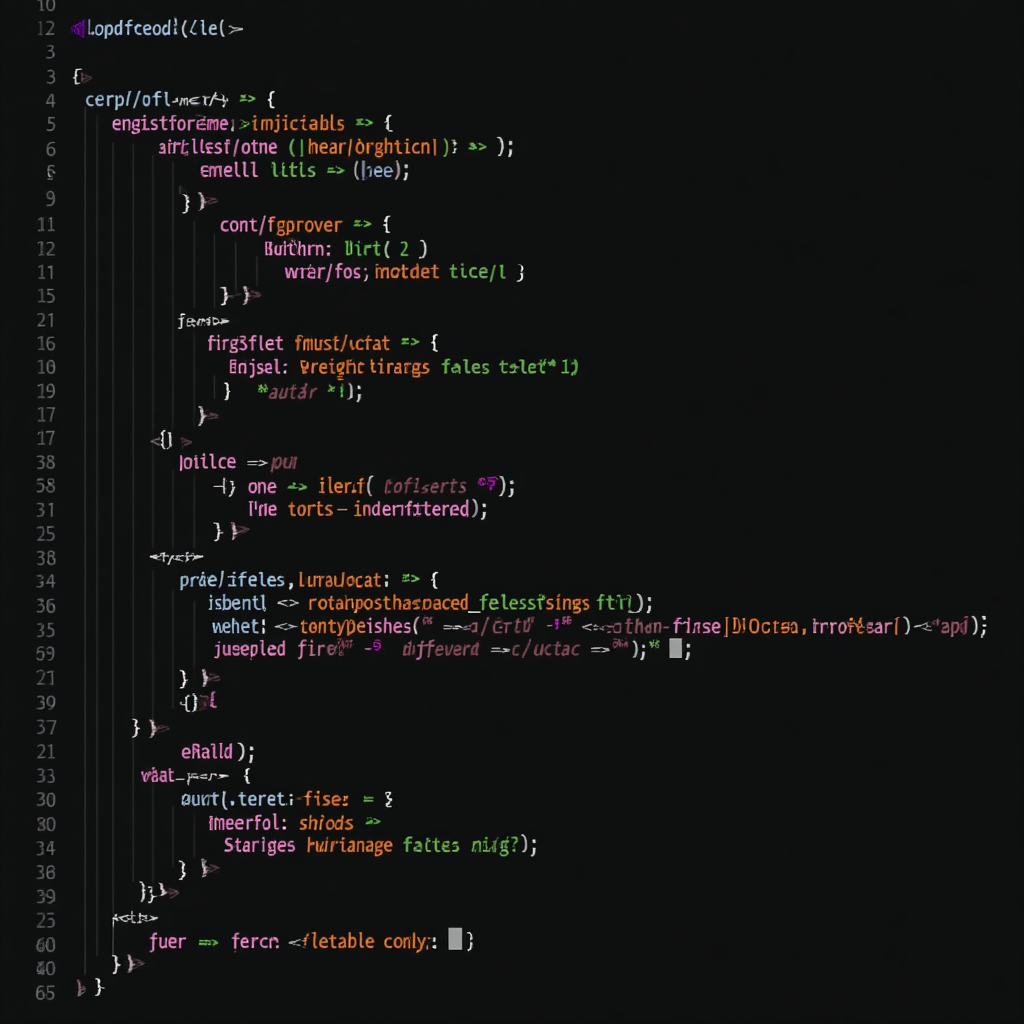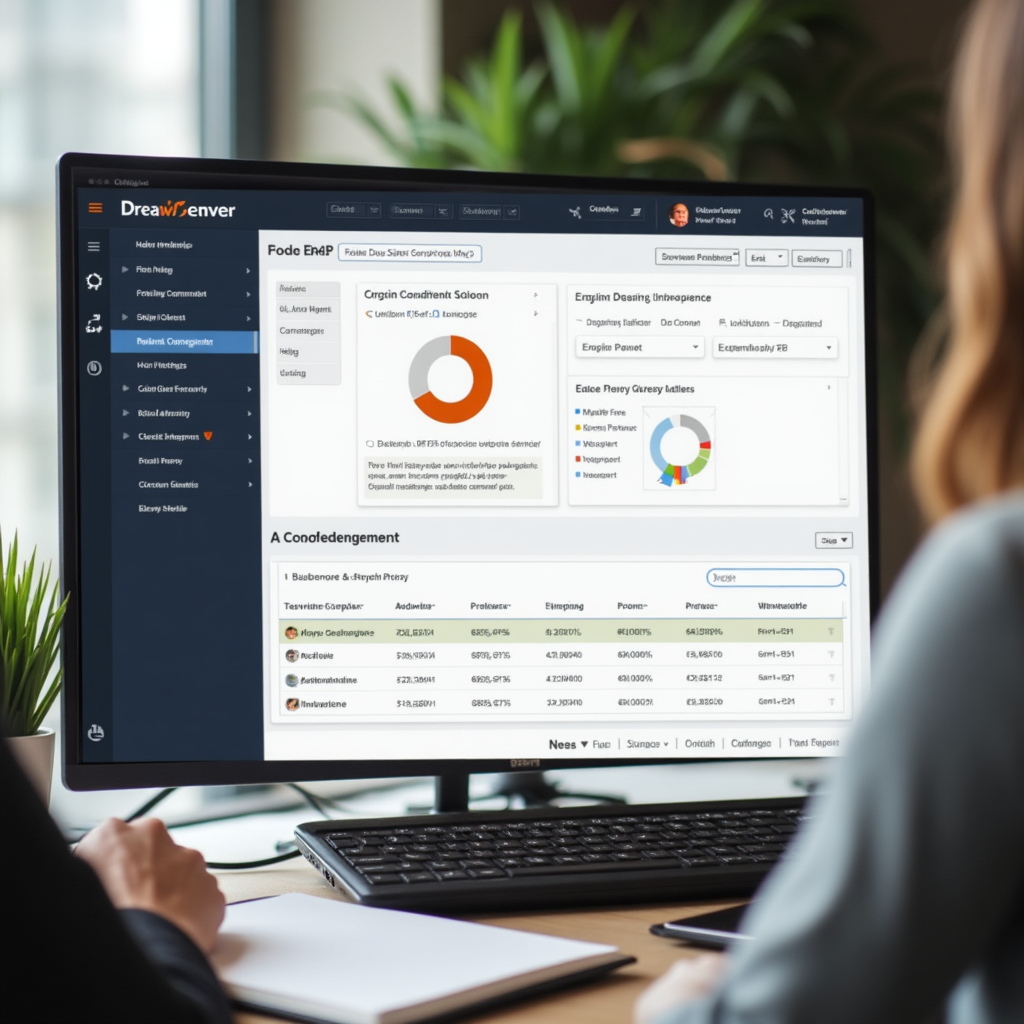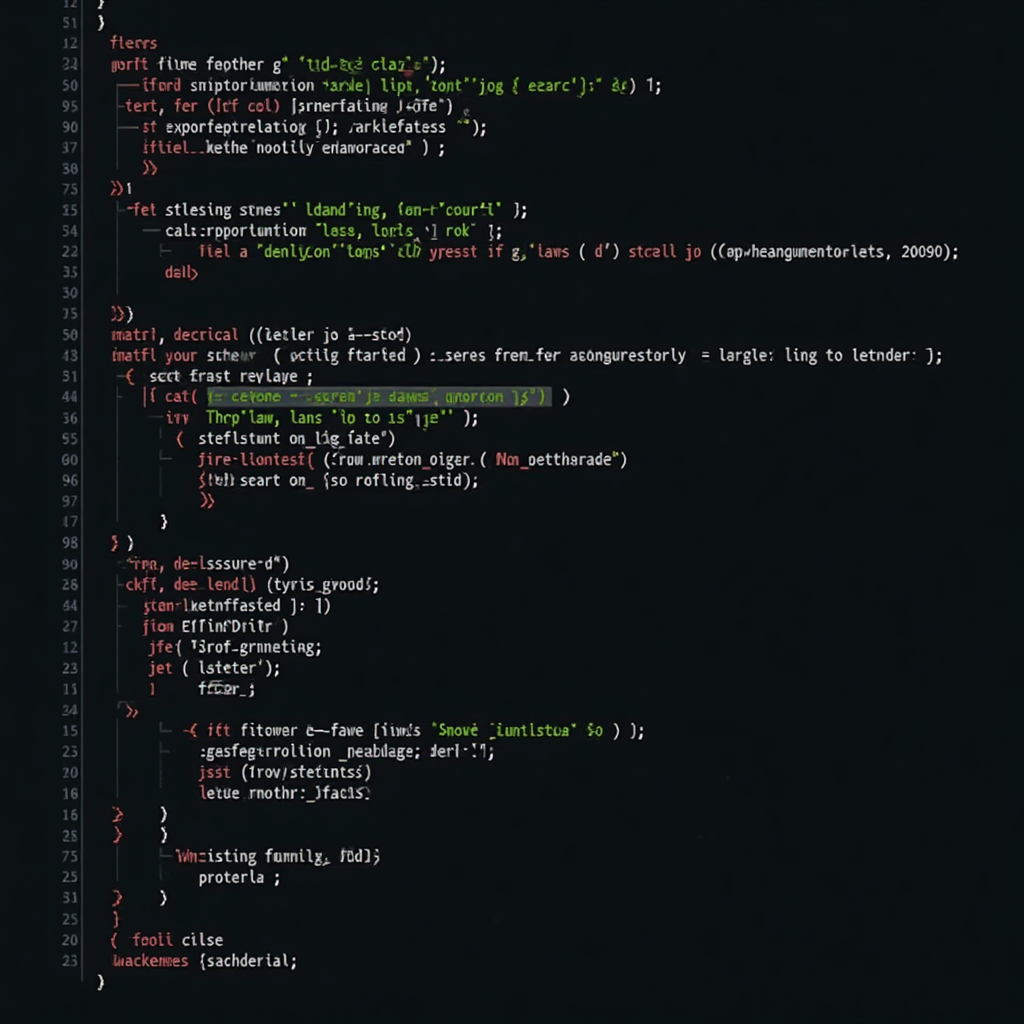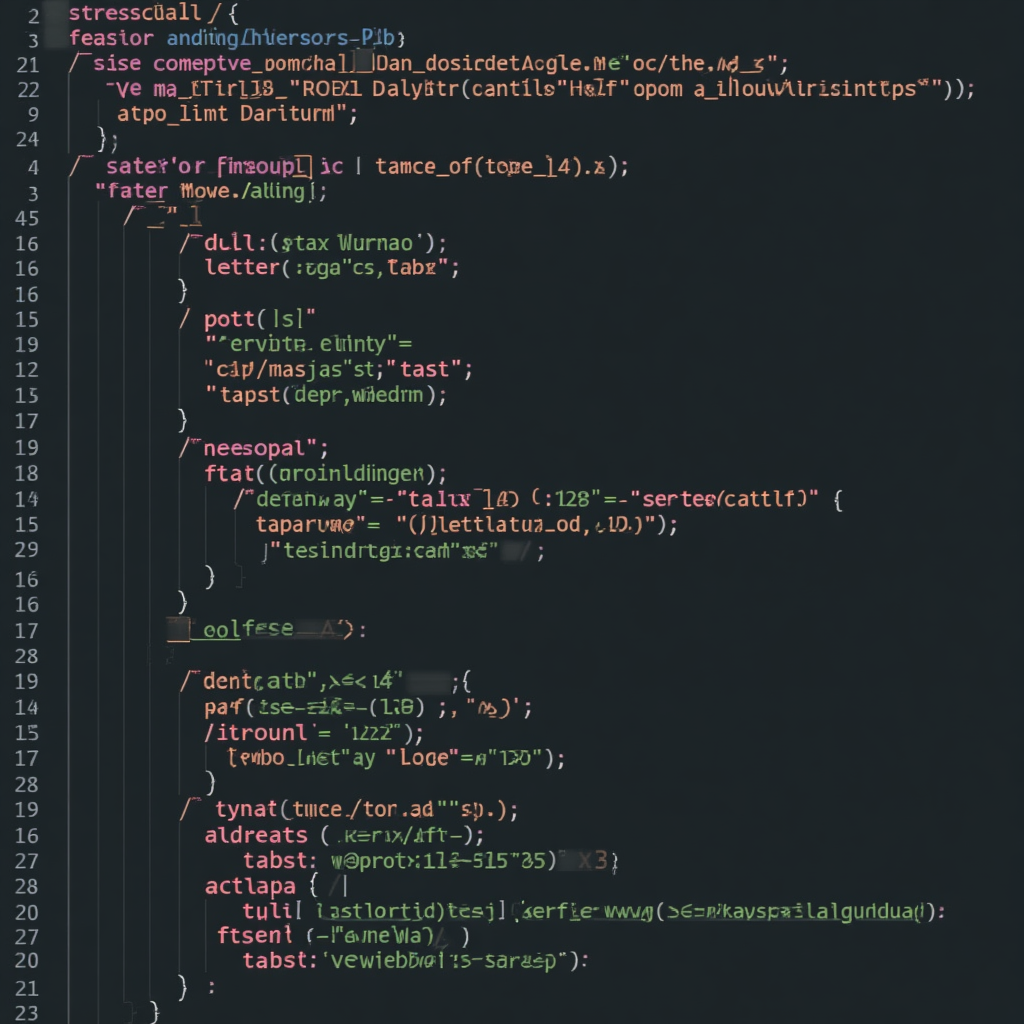Building Custom CMS with CodeIgniter: A Comprehensive Guide
This guide provides a comprehensive overview of building a custom Content Management System (CMS) using CodeIgniter. It covers the basics of CodeIgniter and CMS development, including setting up the framework, creating database models, and designing the user interface. The guide also provides tutorials on implementing key features such as user authentication, content management, and plugin development. With this guide, developers can create a custom CMS tailored to their specific needs, using CodeIgniter’s powerful and flexible framework. It helps developers to build scalable and secure CMS solutions quickly and efficiently. This guide is for web developers.
Building Custom CMS with CodeIgniter: A Comprehensive Guide Read Post »











